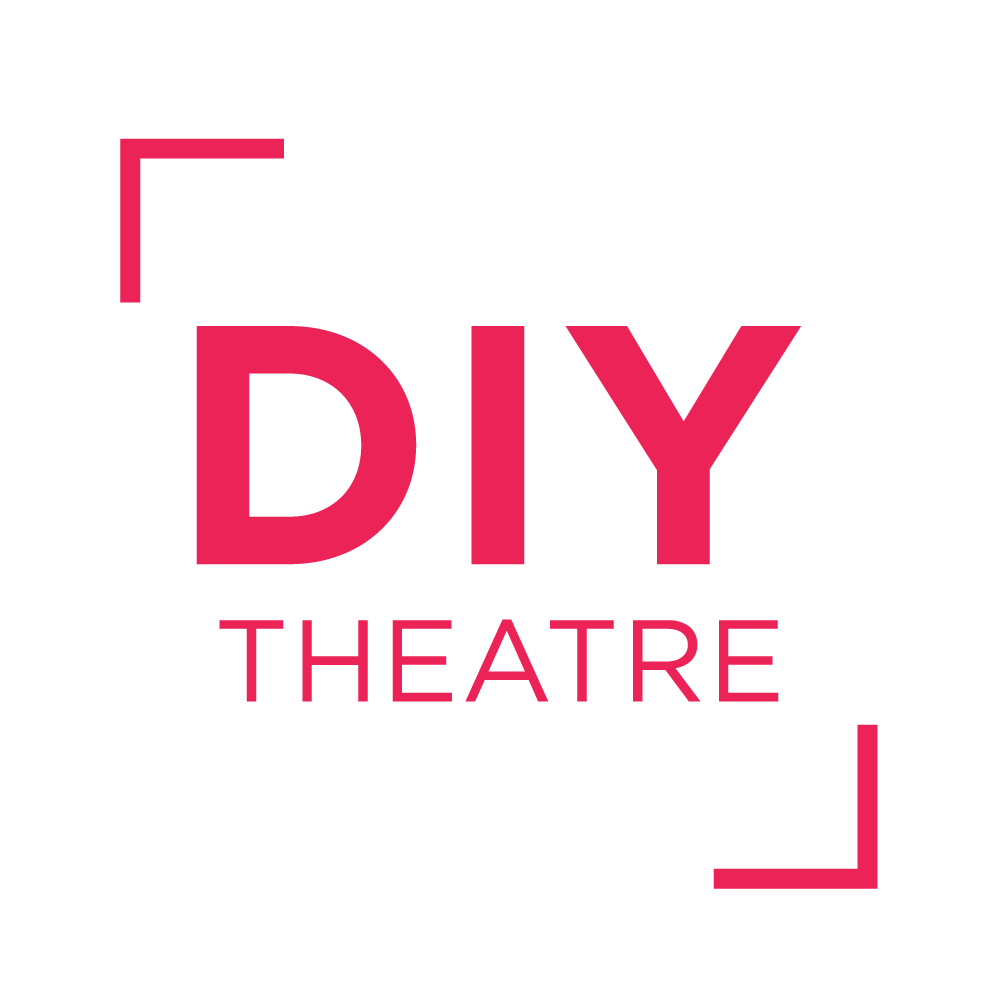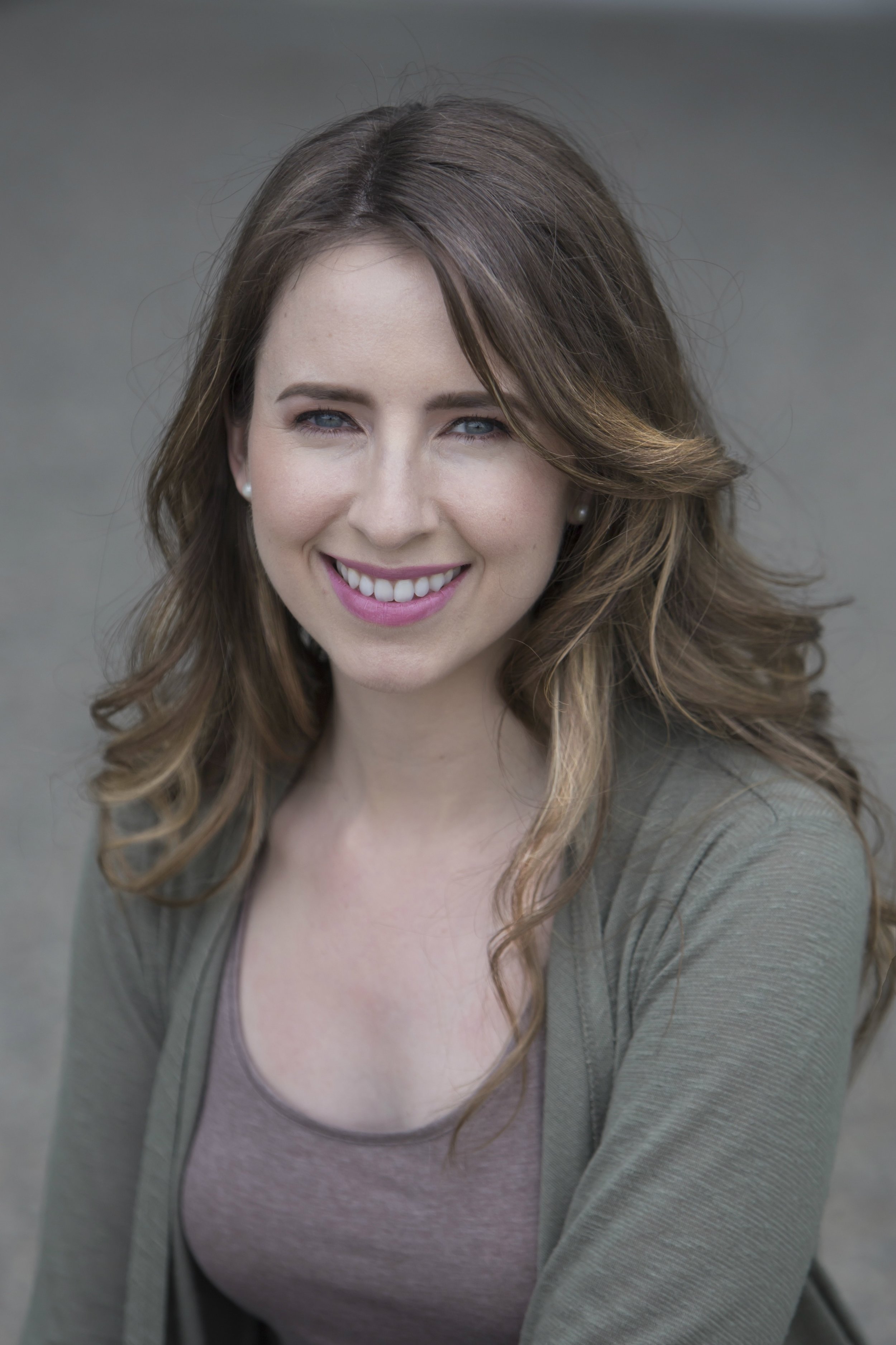Conversations with Creators: Christi Dos Santos-Wing
Determined. Loyal. Lover-of-Stories.
Christi Dos Santos-Wing is a Calgarian actor and writer. We caught up with her to talk about co-writing A Doll’s House: Wild Rose. You can hear more about the writing experience in the April edition of Artslink. Christi is in two upcoming short films by Herland screening on April 6, and is acting in Fire Exit Theatre’s premiere of Sacrament running May 8-12.
Why write an adaption of A Doll’s House?
When I first read A Doll’s House at age seventeen, I clearly remember having no idea what the ending was going to be midway through. Having grown up with a steady upbringing of Austen books I was needless to say, a little bit surprised by the dramatic ending. And Nora’s story has stayed with me ever since.
The play is typically a requisite for theatre and university students: the story of a woman who forges a different path no matter the cost; a woman who chooses to be strong despite a society built on keeping her in her place. Since that first read, I’ve often wondered, “could this 140-year old play still make a strong impact today?” Deep down the answer has always been a yes for me.
That lingering thought has been the driving force for me during the writing of A Doll’s House: Wild Rose.
How did this specific project take form?
The idea of this show started innocently enough. Shelby and I were working together on the production team of a reality TV show, and while in the office, we were chatting about the upcoming season of DIY Theatre. I mentioned the idea of a local, modern adaptation of A Doll’s House (I mean, come on! It’s a well-known classic, it speaks to gender dynamics… and the original work is in the sweet, sweet public domain. So perfect fodder for an independent theatre company!) . She loved the idea and immediately thought of Tereasa Maillie as a potential collaborator, and from there the wheels were set into motion.
As the process began, questions like, “what forces would cause Nora to stay in her home life situation despite post-modern society’s more liberal norms?” and “what contemporary stakes would have to be established in order to make it difficult for Nora to choose a different life?” came to the fore. And more interestingly, “what psychological motivations - known and unknown to her - exist to keep her locked into place?”
What have you learned from doing a co-writing project?
I’ve garnered many new insights personally through the process. This has been a true collaboration through and through, and it has been helpful to bounce ideas and perspectives among the team. Usually I write in isolation, and with that, there’s a certain level of fear and trepidation to show my work to outside audiences. There are equal bouts of writing and loathing - rinse and repeat - till you have a first draft.
But with this project, Tereasa and I were writing and meeting weekly, each time throwing in new plot ideas, redeveloping characters, and producing many iterations (the google doc tracker must be in the 1000s of changes by now!). It was difficult at times. We would definitely get fired up about an idea or a perspective, but then a week later realize “Oh right, that no longer works... okay, bye-bye dearly beloved pages.”
What did the writing process look like?
We ultimately ended up taking turns leading, and then trusting one another’s opinions to get us to a punchy and relatable final product. Plus, we had Shelby come in with an editor’s eye, probing and asking challenging questions along the way. Then our actors and director came in, providing even more insights during the workshops. So the process definitely kept us on our toes as well as made sure we had to make solid choices.
Any takeaways?
In the end, I am grateful for this process and team, as we now have a uniquely Albertan story. Audiences who are familiar with the classic will enjoy the new twists, while those new to the work will still walk away with a sense of why this is a timeless tale.
What’s next?
Apart from acting, I am down to the final strokes of another original play that I’ve written over the past nine months or so, called Relative Value. A big thank you to CADA for their support on this project through the RBC Emerging Playwright program.
It follows a group of women’s careers during the boom and bust cycle of the oil and gas industry - and their complicated, competitive work relationships. Things get even more messy after one of them has an incident at work, leaving us wondering who should be loyal to whom? And why?
I’m hoping to workshop it later this year, so that will be exciting to see it come to life.

